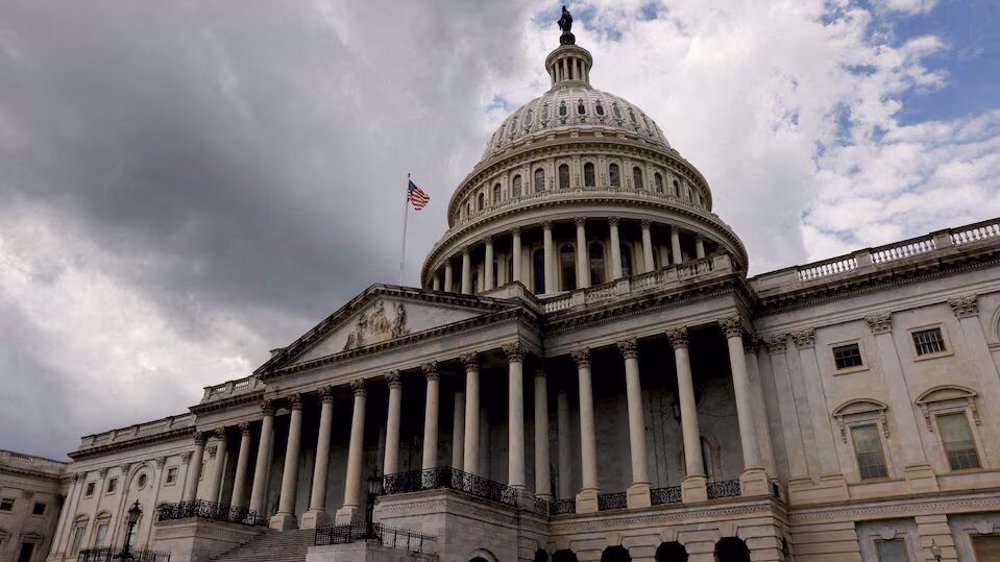US Senate reauthorizes surveillance bill despite intense debate over privacy concerns
The US Senate has approved the extension of a controversial surveillance program, narrowly avoiding the program’s midnight expiration.
On Friday, a US Senate late-night vote, 60-34 re-implemented Section 702 of the Foreign Intelligence Surveillance Act (FISA), after the House passed the measure late last week.
The reauthorization ensures the preservation of what advocates consider a crucial component of the United States’ foreign intelligence collection effort.
Section 702, which was initially established in response to the September 11, 2001, attacks allows US intelligence agencies to conduct warrantless electronic surveillance of foreigners outside the US.
“In the nick of time, we are reauthorizing FISA right before it expires at midnight,” Senate Majority Leader Chuck Schumer said when voting on final passage began 15 minutes before the deadline.
“All day long, we persisted and we persisted in trying to reach a breakthrough and in the end, we have succeeded.”
“Democrats and Republicans came together and did the right thing for our country's safety,” Schumer said.
“We all know one thing: letting FISA expire would be dangerous. It’s an important part of our national security, to stop acts of terror, drug trafficking and violent extreme extremism.”
Both Republican and Democratic lawmakers have raised concerns about the alleged misuse of Section 702, contending that it infringes upon the constitutional right to privacy of Americans.
The primary objective of this system is to oversee the exchange of emails and other forms of communication involving foreign nationals; however, it is possible that unintentionally, messages from American citizens be intercepted if they are in contact with the individuals who are being monitored.
Each year, hundreds of thousands of Americans’ information is gathered during this process and subsequently accessed without a warrant.
The number of these searches has decreased from millions in previous years; detractors label these searches as “backdoor” searches.
The collection of information, which encompasses a significant amount of US online activity, is designed to offer US intelligence agencies expedited access to information concerning individuals from foreign nations.
The legislation encountered opposition from House Republicans on three occasions within the last five months, resulting in its blockage, however, it eventually passed last week with a vote of 273-147, after its duration was reduced from five years to two years.
The program has garnered concerns from the White House, intelligence officials, and prominent members of the House Intelligence Committee regarding the dire consequences that may arise if it is not reauthorized.
Despite constitutional protection, foreign nationals’ privacy rights are compromised by the program, allowing data collection involving interactions with American citizens that can be accessed by domestic law enforcement agencies like the FBI without a warrant, making it an intentional loophole for the government.
A recent revelation says that the FBI employed this power to gather information on Black Lives Matter protesters, donors to congressional campaigns, and lawmakers in the US has increased doubts about the integrity of the program.
VIDEO | Press TV's news headlines
VIDEO | Iran will not 'capitulate' since it has military surprises for US
China overtakes US as Germany’s top trading partner
VIDEO | Displaced Gazans struggle to find clean water amid Ramadan
VIDEO | Pakistan strikes militant camps along Afghan border after suicide bombings
Iran FM: Chance still exists for win-win solution to nuclear issue
Denmark rejects Trump's plan to send US hospital ship to Greenland
US Secret Service kills man trying to enter Trump’s Mar-a-Lago estate
















 This makes it easy to access the Press TV website
This makes it easy to access the Press TV website